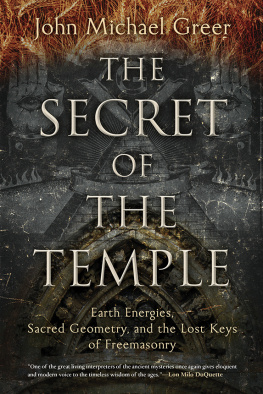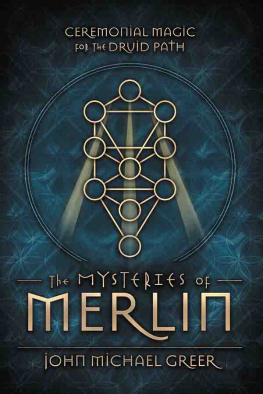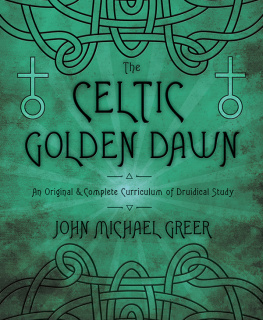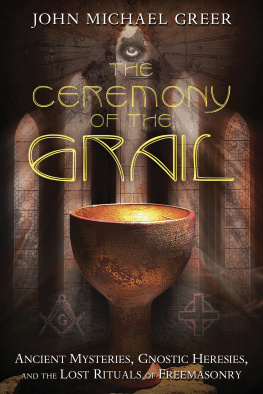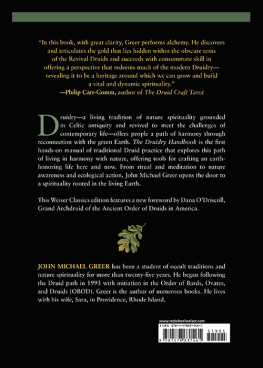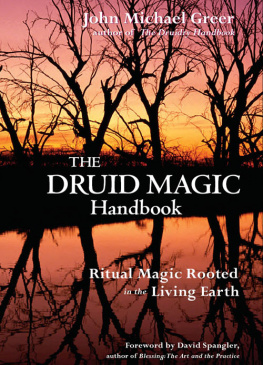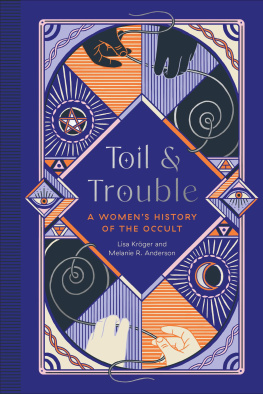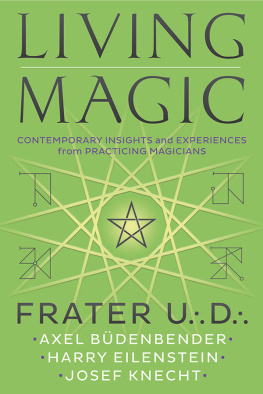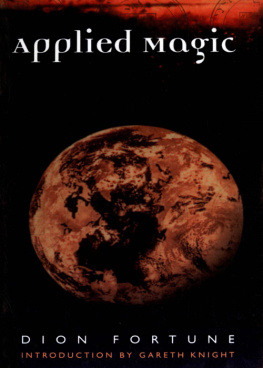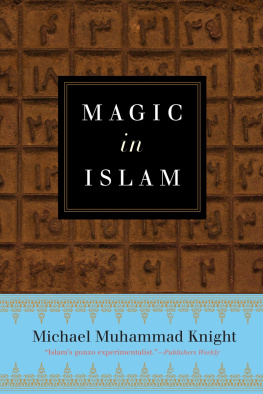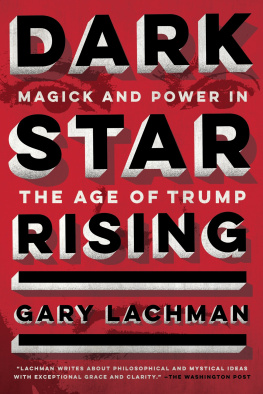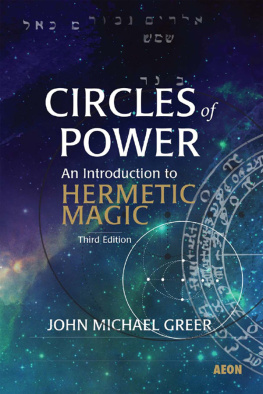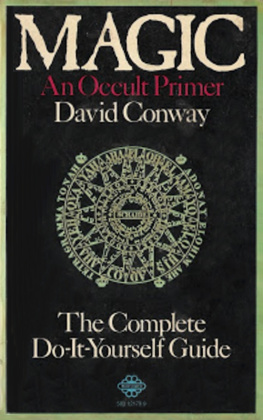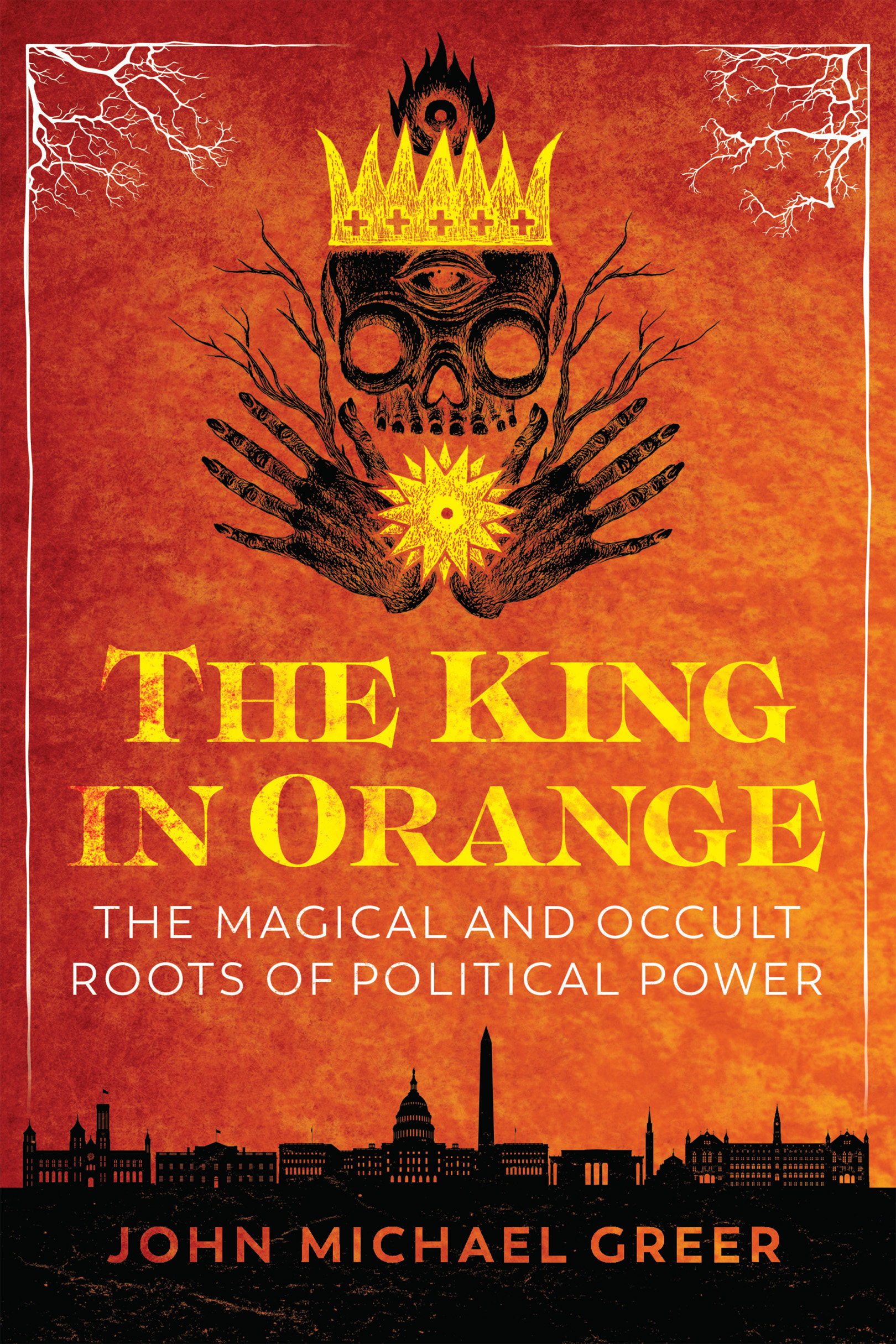
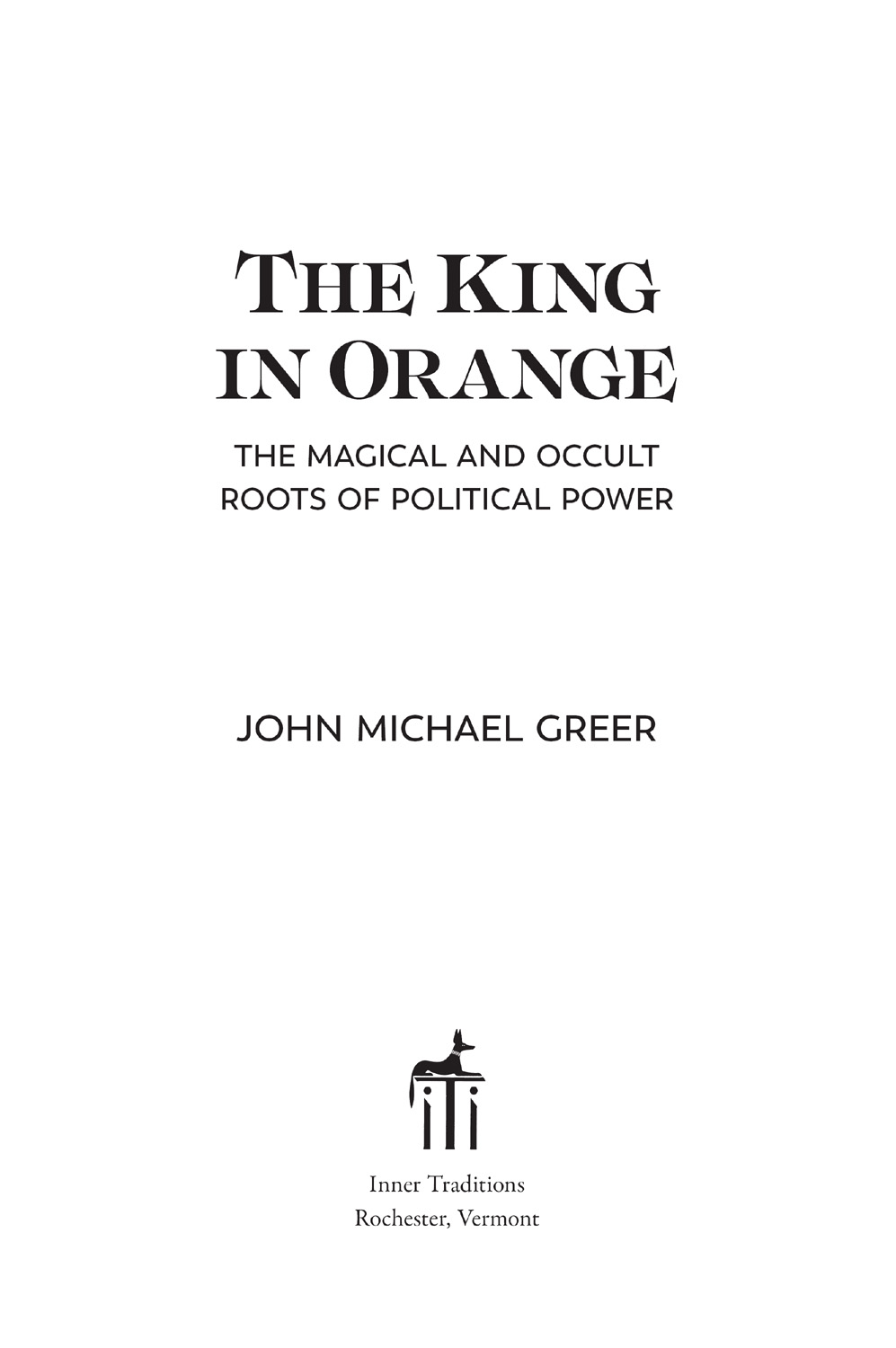
THE KING IN ORANGE

Against a humorous and informed survey of the American political landscape, Greer analyzes the 2016 U.S. presidential election through the lens of magic. Taking his cue from Ioan P. Coulianos masterpiece Eros and Magic in the Renaissance, Greer shows the power of symbols in forming popular opinion and political action and with it the competing and combating views of magic of the two principal parties: the magic of the privileged versus pragmatic positivism and where they meet in the Faustian dream of perpetual progress. An essential book for anyone seeking to understand the direction in which cancel culture, the industrial world, and its formerly liberal democracies are heading.
MARK STAVISH,AUTHOR OF EGREGORES
John Michael Greer is one of the true original minds on the scene in these rather dire days of the wobbling American experiment. His books hack through the precooked ideology of our so-called thinking classes to present always-fresh connections between events on the ground and the deep mysteries of our being here in the first place, especially the issues of good and evil, which so befog us today.
JAMES HOWARD KUNSTLER,AUTHOR OF THE LONG EMERGENCY
Along the shore the cloud waves break,
The two suns sink beneath the lake,
The shadows lengthen
In Carcosa.
Strange is the night where black stars rise,
And strange moons circle through the skies,
But stranger still is
Lost Carcosa.
Songs that the Hyades shall sing,
Where flap the tatters of the King,
Must die unheard in
Dim Carcosa.
Song of my soul, my song is dead,
Die thou unsung, as tears unshed
Shall dry and die in
Lost Carcosa.
CASSILDAS SONG IN THE KING IN YELLOW
INTRODUCTION
Under Some Kind of Magic Spell
Ne raillons pas les fous; leur folie dure plus longtemps que la ntre.... Voiltoute la difference. (Dont make fun of madmen. Their madness lasts longer than ours.... Thats the only difference.)
FROM THE REPAIRER OF REPUTATIONS
IN THE KING IN YELLOW
W e like to think, most of us, that we live in a world that makes rational sense. The dominant narratives of the industrial world portray the universe as a vast machine governed by rigid deterministic laws, in which everything that will ever happen could be known in advance, if only we could just gather enough data. Our political expectations are much the same: we elect candidates because they claim to be able to make the machinery of representative democracy do what we want it to do, and the mere fact that things never quite manage to work that way never seems to shake the conviction that they will, or at least that they should.
Its all a pretense, and we know it. The reason we can be sure its a pretense is that when some part of the world misbehaves in a way that wont allow the fantasy to be maintained, a great many of us respond with rage. We arent baffled or intrigued or stunned; were furious that the universe has seen fit to break the rules againand of course its that again, stated or unstated, that gives away the game. We know at some level that the rules in question are simply a set of narratives in the heads of some not very bright social primates on the third lump of rock from a midsized star nowhere in particular in a very big universe. Most of us cling to the narratives anyway, since the alternative is to let go and fall free into a wider and stranger world, where we cant count on being able to predict or control anything.
Sometimes, though, the pretense becomes very, very hard to maintain. In case you havent noticed, were living in one of those times. Its a source of fascination and wry amusement to me that the event that plunged us into a realm of paradox, tore open the familiar world of halftruths and comfortable evasions, and sent a great many of us spinning off into the void, wasnt any of the grandiose cataclysms or cosmic leaps of consciousness so luridly portrayed by the last three or four generations of would-be prophets. It wasnt the arrival of the space brothers or the Second Coming of Christ or the end of the thirteenth baktun of the Mayan calendar. No, it was the election of an elderly reality-television star, wrestling promoter, and real estate mogul named Donald Trump to the presidency of the United States of America.
Just when we crossed over the border into nonordinary reality is an interesting question, and its one Im far from sure I can answer exactly. Well over a year before the 2016 election, certainly, I noticed that something very strange was happening out there in the twilight realms of the American imagination, something that the corporate media werent covering and pundits and politicians seemed to be going out of their way to ignore. By the new year I was certain that politics as usual were about to be chucked out the window, and less than a month lateron January 20, 2016, to be preciseI posted an essay to the blog I wrote in those days, The Archdruid Report, titled Donald Trump and the Politics of Resentment. In it I talked about some of the reasons that the bipartisan political consensus in the United States was coming apart at the seams and predicted that Trump would win the election.
In the months that followed I expanded on that prediction, watched in bemusement as Trumps campaign turned nimble and clever while Clintons stumbled from one self-inflicted disaster to another, and caught my first glimpses of deeper and stranger forces at work under the pretense of business as usual. I started hearing about the chans, Pepe the frog, a forgotten Europop song titled Shadilay, and an ancient Egyptian god named Kek. In my blog posts I tried to sketch out a first tentative outline of the landscape of politics and consciousness that was coming into view as Trumps campaign shrugged off the sustained attacks of the entire U.S. political and corporate establishment and pulled off a victory that most respectable thinkers at the time considered utterly impossible.
It was the aftermath, however, that made it clear just how far wed strayed into the absolute elsewhere. Just after the election, I thought that the tantrums being thrown by the losing side were simply a slightly amplified version of the typical sulky-toddler behavior we saw from Republicans after the election of Barack Obama in 2008 and Democrats after the election of George W. Bush in 2000. I honestly expected that the Democrats, once theyd gotten over the ritual period of wailing in anguish because theyd lost the White House, would pick themselves up, learn from the manifold mistakes that their candidate made during the campaign, and figure out why a significant number of voters who normally sided with them had taken their chances on Donald Trump instead.
That didnt happen. Not only did the tantrums keep coming, they turned more shrill and surreal with each passing week. Whats more, not only did the Democrats fail to learn from their many mistakes, they doubled down on them, angrily rejecting any suggestion that would help them make sense of why they lost the election and keep them from doing the same thing over again. People watching from the sidelines, with various blends of astonishment and mordant glee, began talking about Trump Derangement Syndrome. Meanwhile Trump began to use the overreactions of his opponents as an instrument of political warfare, bombarding the internet with carefully timed Twitter salvoes to keep his critics distracted while he carried out the most dramatic reshaping of the American governmental landscape in living memory. It really did look at times as though Trumps opponents were under some kind of magic spell.
Next page

